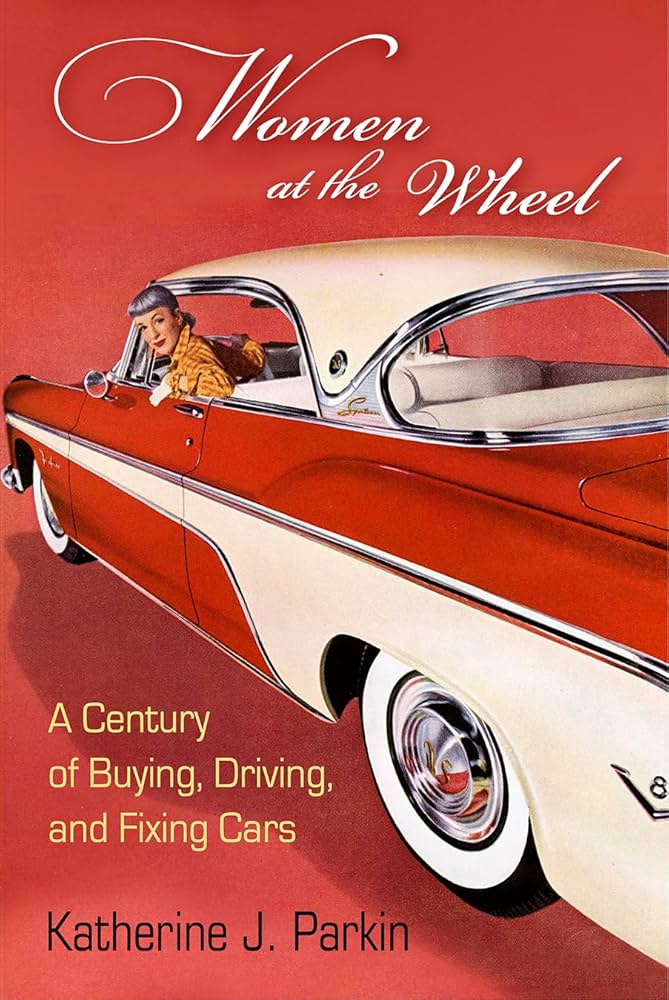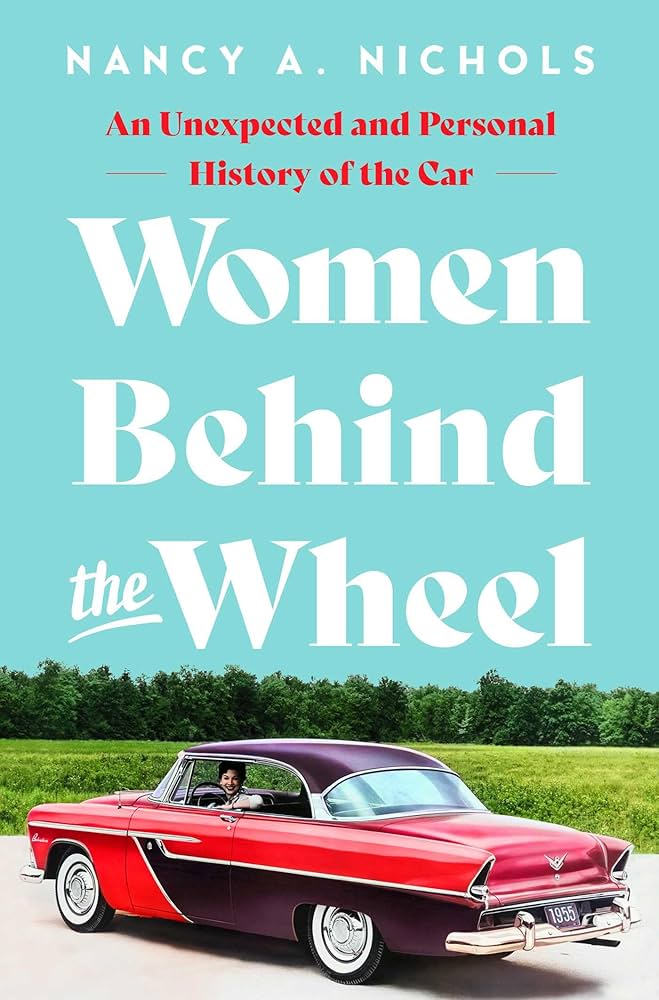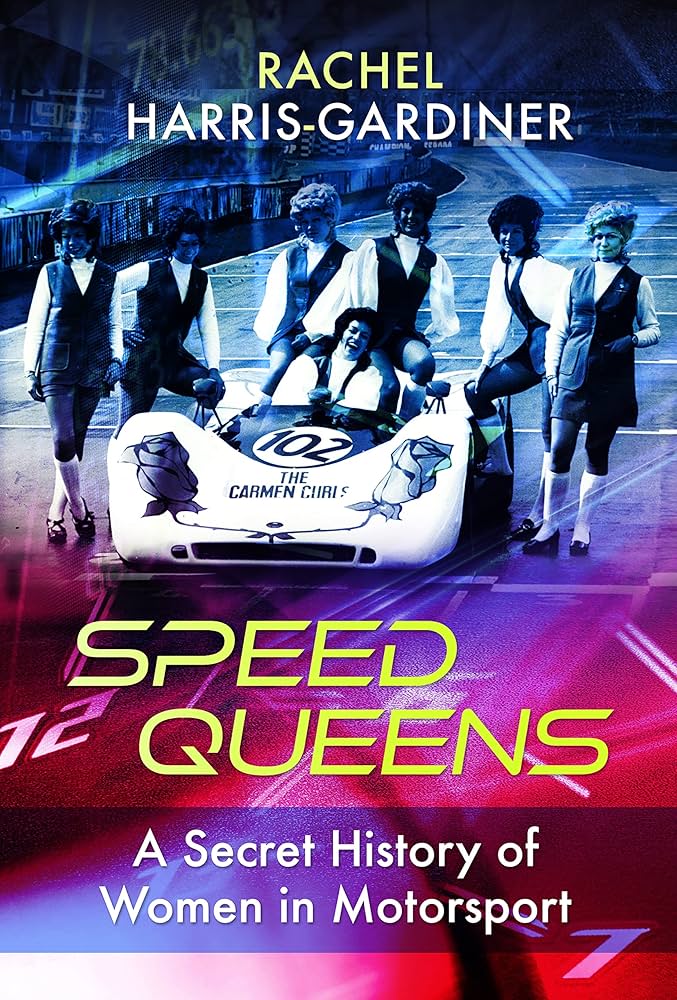
When in graduate school as a senior citizen, I came upon a unique opportunity to engage in an area of unexplored scholarship. While taking a class in ‘Gender, Technology, and Pop Culture’, I discovered that the subject of women and cars had not received much attention in the academic literature. I suspect part of this was generational. The late 1950s and 1960s are often considered the ‘golden age’ of car culture. Women who came of age at this time – which would include yours truly – were less cognizant of cars, and more involved with the rise of feminism. Newly engaged feminists who entered graduate school during this era no doubt had more ‘important’ issues to consider than the gender politics of automotive production, marketing, and culture. Another reason for the lack of attention to women and cars could also be due to ideology. Historically, the automobile industry and automotive culture have leaned right. Conservative scholars do not consider gender in the same way as their liberal counterparts; i.e. it is not common for those who subscribe to a right-leaning ideology to look at the world through the lens of gender. Whatever the reason, when I embarked on a master’s degree in the early 2000s, there was very little written on women and cars from either a historical or cultural perspective.

While in the master’s program at Eastern Michigan University, I submitted a paper written in class on the chick car to a well-respected academic journal. When it was accepted without any revisions whatsoever, I knew I had discovered my niche. I took every opportunity to explore the topic; on the advisement of my professors I approached class assignments with future articles in mind. As I continued to write about the subject in a variety of contexts, my goal was to contribute to the literature as often and in whatever way I could. As I was in my 60s when I made this ‘discovery’, I understood that my time to add meaningful work to the literature was limited. Thus my objective became not only to create a solid body of scholarship, but more importantly, to influence others to continue to explore and examine the subject of women and cars for future generations.

In the last few years there has been a slow and steady stream of exciting new work on women’s relationship with the automobile. The subject is being addressed in academia, the media, and in popular culture. In 2017 historian Katherine Parkin came onto the scene with her brilliant and well-researched work Women at the Wheel: A Century of Buying, Driving, and Fixing Cars. In the last issue of the SAH [Society of Automotive Historians] Journal, SAH member and reviewer Helen Hutchings brought attention to no less than seven books regarding women ‘in the motoring world.’ These included a number of works focused on women in motorsport, as well as historian Carla Lesh’s important contribution Wheels of Her Own and the engaging semi-autobiographical Women Behind the Wheel by journalist Nancy A. Nichols [‘Wheels’ seems to be a common theme in book titles.] I recently had the pleasure of reviewing a new book – to be published later this year – that is a delightful and accessible addition to the small but growing women-and-car collection. What is especially meaningful to me is that my work is cited in many of these books, as well as in recent journal and online articles. While it is certainly an ego trip to see one’s name referenced in someone else’s work, I am both encouraged and honored to think that I might have inspired others to continue the research on this important but often overlooked subject matter.

I recently turned 75. And although I still have a few projects in the works I hope to have published over the next couple of years, I don’t know how many more productive years are in my future. But I am excited by the young scholars who have found the subject matter to be as interesting and important as I, and who will continue to contribute to the literature in multiple and engaging ways for many years to come.